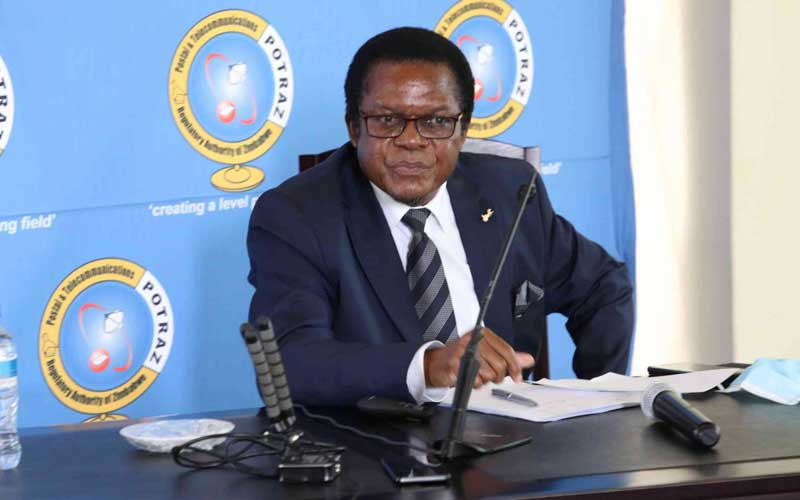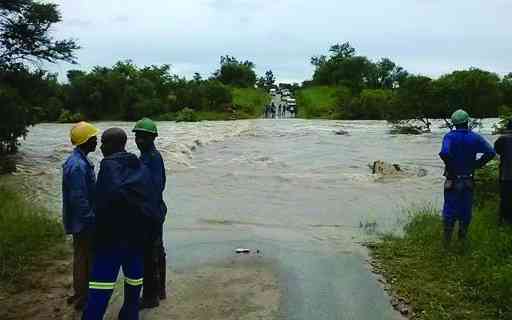
The Postal and Telecommunication Regulatory Authority of Zimbabwe (Potraz) has defended the recent 100% increase in tariffs for telecommunication services in the local currency, saying the cost of providing telecommunication services in ZWL terms increased by 528.14% between January and June 2023.
In a statement explaining that the tariff adjustment was necessary to ensure the viability of the sector, Potraz director-general, Gift Machengete, said the new tariffs were justified by the significant increase in the costs of providing telecommunication services in Zimbabwe.
He cited the rising cost of bandwidth, software licenses, power, fuel, and spares for network maintenance as key factors driving up costs.
"The new tariff thresholds are applicable to services denominated in ZWL, which is the currency to which all tariffs for telecommunication services are pegged. Service packages that are denominated in USD will not be adjusted as the USD currency has remained relatively stable," he said in the statement that was released last Friday.
Machengete said the recent review of tariff thresholds for telecommunication services was triggered by changes in the costs of providing data. He said this was reflected in the movement of the Telecommunication Price Index (TPI), which is used to track the cost of providing telecommunication services in ZWL terms.
"The TPI increased by 528.14 percent from January to June 2023. The TPI is an internationally recognized and widely used cost-based tariff model. Significant cost movements were registered for foreign currency-denominated costs such as foreign exchange losses and depreciation, which increased in tandem with exchange rate depreciation," he said.
"Bandwidth cost increased by 200 percent, from ZWL8 billion in December 2022 to ZWL23.8 billion in June 2023, while software license fees, fuel, and spares for network maintenance, and local costs such as staff costs increased by 582 percent. Other costs such as marketing, stationery, advertising, and rentals also increased due to inflationary pressure."
"As a result, the tariff thresholds that were set in April 2023 were rendered unviable and fell below regional averages. For example, the mobile voice tariff of ZWL94.41 (2 USD cents) per minute was below the regional average tariff of 9 USD cents.
- Don’t leave boys behind, says Potraz boss
- Don’t leave boys behind, says Potraz boss
- Potraz sweats over tariff hike
- Potraz sweats over tariff hike
Keep Reading
“The mobile Internet/data tariff of ZWL14.93 (0.32 USD cents) per Megabyte (MB) was also below the regional average tariff of 4.61 USD cents. Hence, the intervention of the regulator to review tariff thresholds by 100 percent, which is way below the 528.14/percent movement of the TPI. This was done in the interest of balancing service affordability and operator viability."
Machengete also dismissed claims that Zimbabwe had the most expensive data tariff in the world, saying the information was "misleading and malicious."
"Finally, we continue to come across posts purporting to draw evidence from a UK website, Cable.co.uk, that Zimbabwe has the most expensive data tariff in the world at USD 43.75 per Gigabyte (GB). We reiterate that this is not only false but misleading and malicious," he said.
"As a matter of fact, and contrary to that report, Zimbabwe has the lowest data tariff in the Southern African Development Community (SADC) region, with an out-of-bundle tariff of ZWL14 930.00, which translates to USD 3.21 per GB at the September 2023 official exchange rate, while the SADC average is at USD 4.60. Therefore, the public is encouraged to seek clarification from Potraz whenever in doubt."










